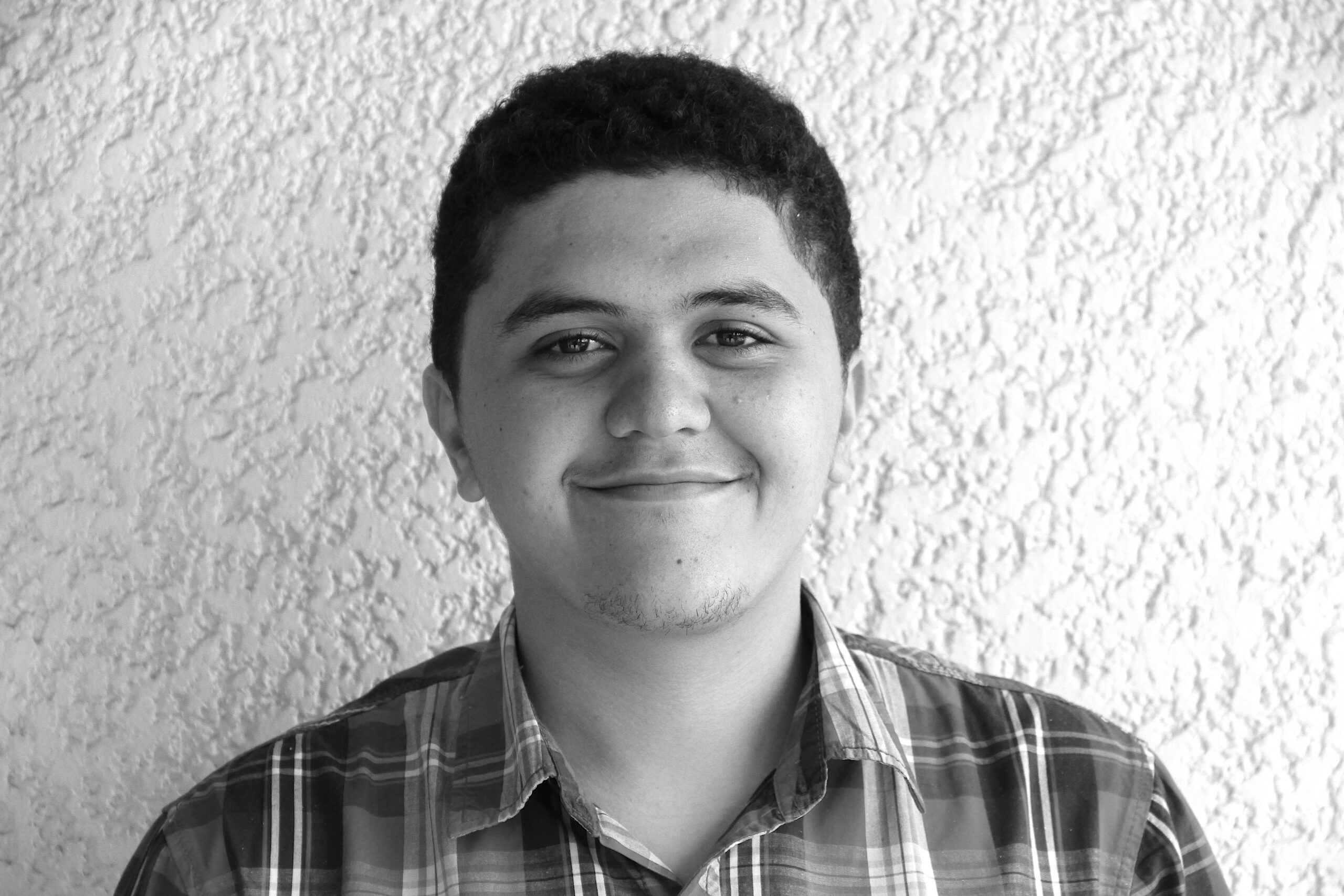For the past three years, I studied World Politics at Leiden University College in The Hague. I came out of that experience unsure of what exactly I wanted to do but feeling like I wanted to see how the topics that I learnt about could really be applied in society. I found an opportunity to pursue this instinct through an internship at Never Again Rwanda.
Being the son of a UNDP consultant, I have lived in many countries throughout my youth including the Seychelles (where my mother is from) and Malawi, where I spent my high school years. I have not, however, lived in an African country since I went to university. I was hoping, therefore, to apply my courses’ teachings and a new perspective to my internship at NAR, especially since a few of the courses that I took looked specifically at Rwanda, both in terms of the genocide itself and the post-conflict healing process, which NAR is an important part of. I found it very interesting and somewhat surprising to find that much of what I have learnt in courses such as these is completely applicable to the work that NAR is currently doing. This is true down to the terminology used by the organisation in its reports and newsletters, a lot of which I recognise as being the same terminology that I would read about in textbooks covering genocides and post-conflict transitions.
With that being said, however, there are things about the process of peacebuilding in Rwanda that I could not possibly have learned without coming here and dealing with it first-hand. Through the readings of many reports and articles as well as interviews with employees, I have managed to delve deeper into the wounds that continue to haunt Rwandan society than I ever had in any of my university courses. I had become aware, through my studies, of some of the larger political, economic and social effects of the 1994 genocide but it was only through coming to Rwanda and working at NAR that I came to understand the deep and nuanced ways that Rwandans have to deal with the after-effects on a personal and individual level.
For instance, I had learnt in university about how Rwandan youth were taken advantage of in the genocide and manipulated into committing violent acts towards others. What I had not learnt about as much were the long-lasting effects of that manipulation on individuals or what can be done to properly deal with or address these effects. It is in the area of long-term effects and how to deal with them that my experiences at NAR have been most valuable in terms of teaching me about the complexities of Rwandan society post-genocide. In particular, learning about the different approaches used by NAR in dealing with these effects has given me a better and richer perspective on societal issues in Rwanda in general.
One such approach is that of education, which applies directly to the example I just gave about the manipulation of youth. One of the main objectives of NAR is to educate young Rwandans about the events of the genocide and its effect on the society around them. More specifically, however, NAR also aims to teach young people critical thinking skills so that they can no longer be manipulated into committing atrocities by older members of society. NAR’s attempts to spread awareness and teach critical thinking skills are manifested in a few different ways, such as large group events, Spaces for Peace dialogues and articles in the Peace Insight newsletter.
What I hope to do, therefore, during my time here at NAR is to hopefully bring together the knowledge that I gained from my studies and combine it with what I have already learned and what I will go on to learn from my experiences here with the aim to use all of that to contribute to the success and growth of this organisation in the best way that I can. Specifically, as an intern for the Communications department, I hope to engage with the process of raising awareness and spreading knowledge to the public by helping in any capacity that I can with, for example, writing and editing reports and articles (including ones for the monthly newsletter) or engaging with various forms of social media on behalf of the company.


